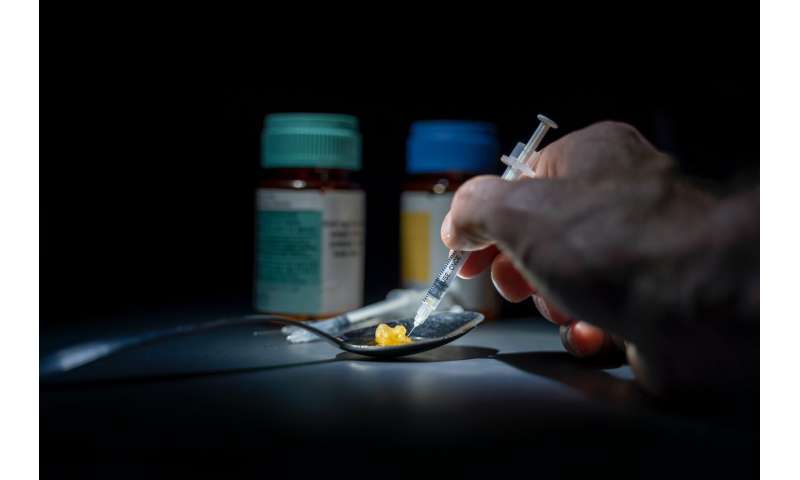
National Institutes of Health and other federal leaders outlined their vision for a groundbreaking study that will aim to address gaps in reaching communities most heavily affected by the opioid epidemic with proven, evidence-based interventions for opioid use disorder (OUD). This approach is detailed in a paper published in a special issue of Drug and Alcohol Dependence, and also describes the early impact of COVID-19 on its goals, and the potential for uncovering insights at the intersection of COVID-19 and the opioid epidemic.
An estimated 1.6 million people had OUD in 2019; of these, only 18.1% received medication treatment for opioid misuse. To address this gap, in May 2019, the NIH announced plans to invest more than $350 million to support the multi-year HEALing Communities Study, a multi-site research study that will test the impact of an integrated set of evidence-based practices on reducing opioid-related overdose deaths by 40% in three years in communities hard-hit by the opioid crisis.
The largest study of its kind, the HEALing Communities Study is funded by the NIH Helping to End Addiction Long-termSM Initiative, or NIH HEAL InitiativeSM, a bold trans-agency effort to speed scientific solutions to stem the national opioid crisis. The HEALing Communities Study is administered in partnership by the National Institute on Drug Abuse (NIDA), part of NIH, and the Substance Abuse and Mental Health Services Administration (SAMHSA). The HEALing Communities Study findings will establish best practices tailored to the needs of local communities for increasing the number of people receiving medication to treat OUD, preventing opioid overdose deaths, and reducing high-risk opioid prescribing, creating a model to curb the nation’s opioid crisis.
The HEALing Communities Study is testing the impact of a community-based, data-driven approach in 67 communities across four states to facilitate the implementation of evidence-based practices in a variety of settings, such as primary care clinics, hospital emergency departments, community health centers, addiction treatment centers, and correctional institutions. An integral feature of the study’s design is to test the impact of engaging state and local governments, as well as community groups such as police departments, faith-based organizations, and schools.
Study research sites include the University of Kentucky, Lexington; Boston Medical Center; Columbia University, New York City; and Ohio State University, Columbus. The study will track communities as they work to increase the number of individuals receiving medication-based treatment for OUD, increase treatment retention beyond six months, provide recovery support services, expand the distribution of naloxone, a medication to reverse opioid overdose, and reduce high-risk opioid prescribing.
Source: Read Full Article
